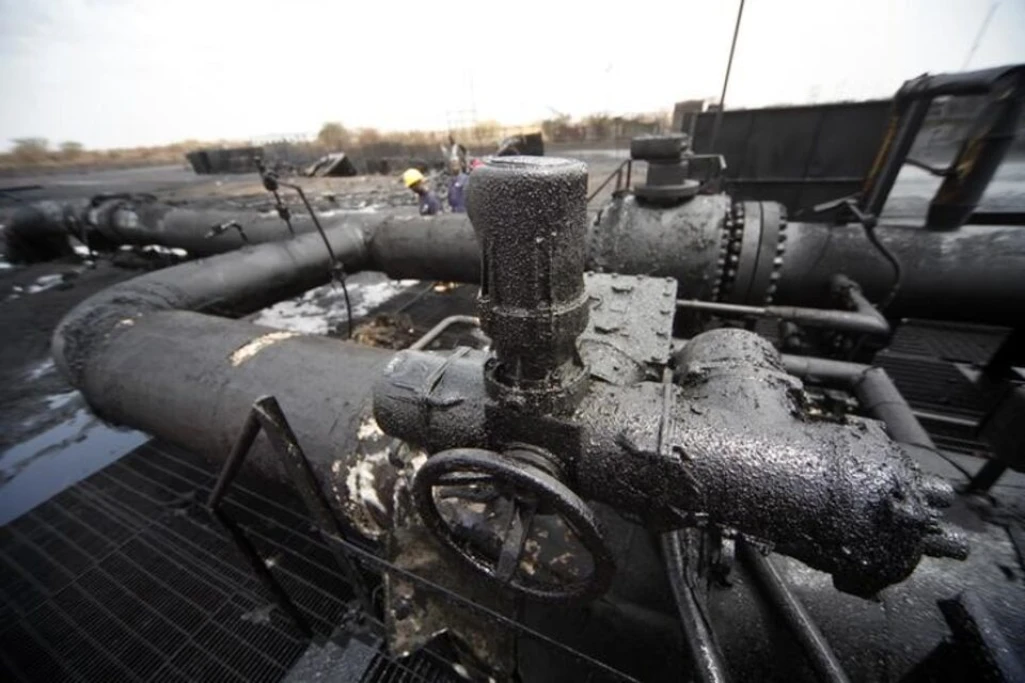
The South Sudan government has announced that it will not
resume oil production until the conflict in neighboring Sudan is resolved, a
decision that further exacerbates the country's already dire economic
situation.
During a closed-door session on Monday, Puot Kang Chol, the
Minister of Petroleum, was questioned by the parliament, along with 10 other
national ministers and the Commissioner General of the National Revenue
Authority, about the country’s economic situation and hunger crisis.
Oliver Mori Benjamin, the spokesperson of the Transitional
National Legislative Assembly, relayed the minister’s message to the media on
Tuesday, explaining that the pipeline has been severely damaged, making it
difficult for South Sudan to transport crude oil to international markets.
“There will be no resumption of oil until the war in Sudan
subsides because our pipeline, which transports oil to Port Sudan, has been
blocked. It ruptured, causing part of the oil to flow out while the rest
remains in the pipe, thickening and blocking the main pipeline carrying crude
oil,” Mori told reporters.
The pipeline's damage, initially detected in February 2024,
has led to a complete halt in South Sudan’s oil exports since February 6.
The situation deteriorated further when operators declared
force majeure on March 16 after discovering gelling in the Jabalayn-Port Sudan
pipeline, particularly between Pump Stations 4 and 5, an area currently under
military conflict.
The suspension of oil production has severely impacted South
Sudan's economy, which heavily depends on oil revenues.
The damage to the pipeline and the broader impact of the
conflict between the Sudanese Armed Forces (SAF) and the Rapid Support Forces
(RSF) have left the country in a tough crisis.
The conflict also impacted Sudan's primary refinery, the
al-Jaili facility near Khartoum, which experienced shelling earlier this year,
thereby intensifying worries about the stability of oil exports from the
region.
"Our government decided to send our own people, despite
the security risks, to address the situation professionally and to close those
pipes causing danger. If not managed properly, this could lead to further
complications on the production side, which could be hazardous," Mori
added.
The prolonged suspension of oil production continues to
strain South Sudan’s fragile economy as the conflict in Sudan persists.
The country is experiencing economic hardships, making it difficult for the government to pay civil servants for the past 10 months. A major part of the crisis is attributed to the conflict in Sudan, which has halted oil production.